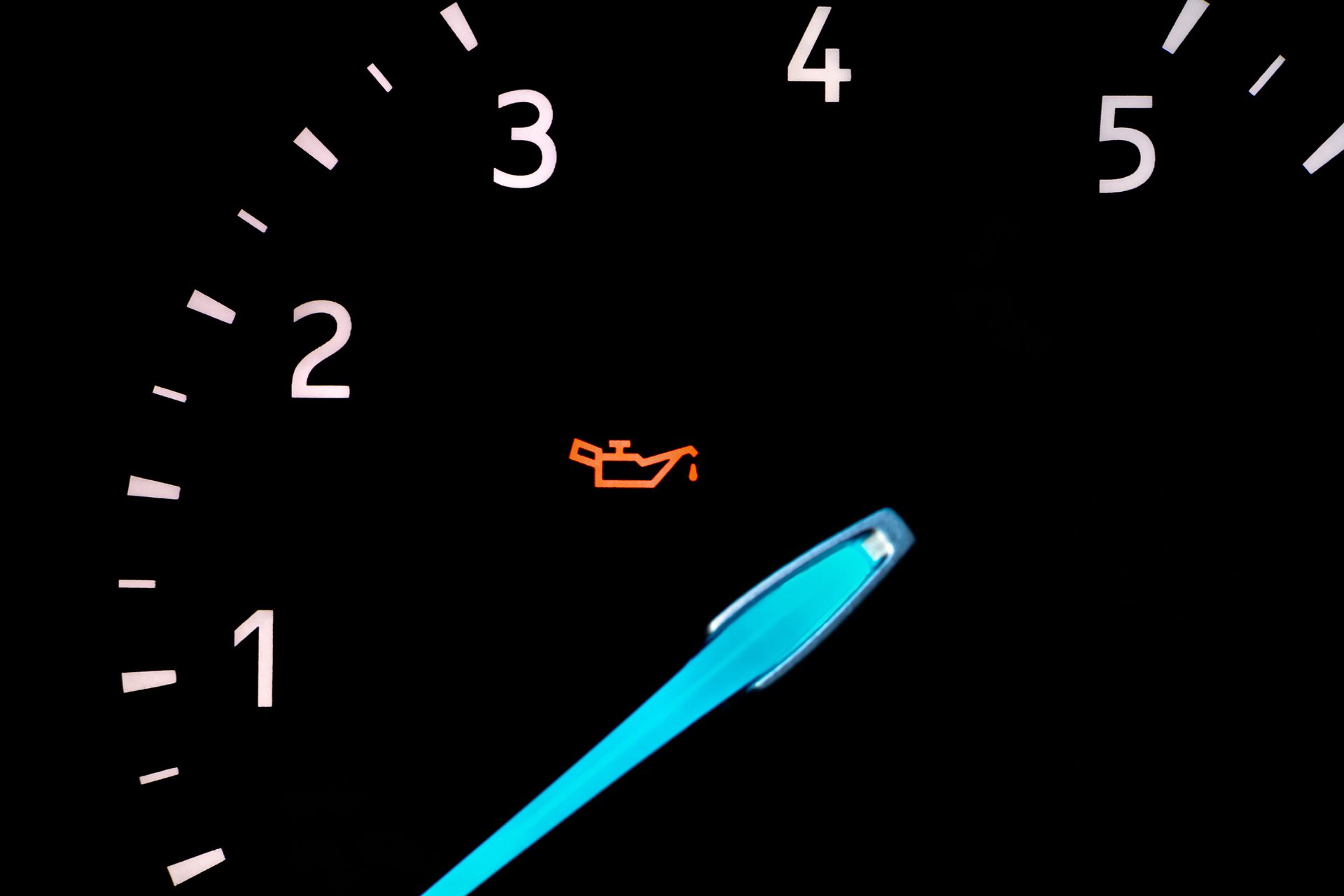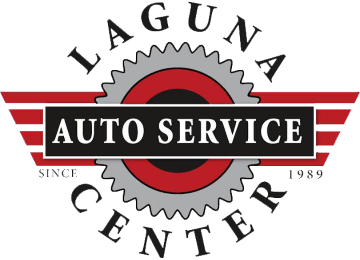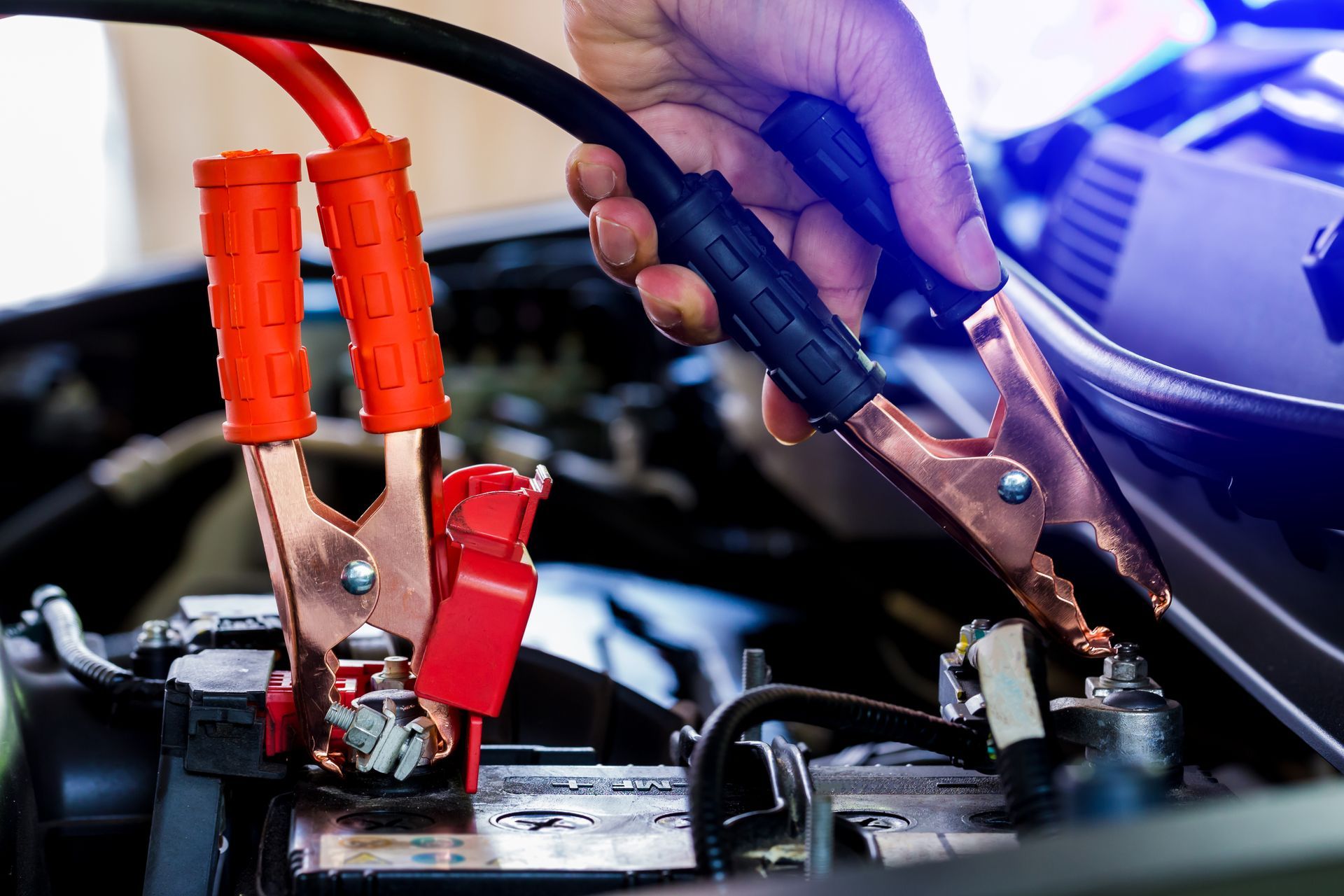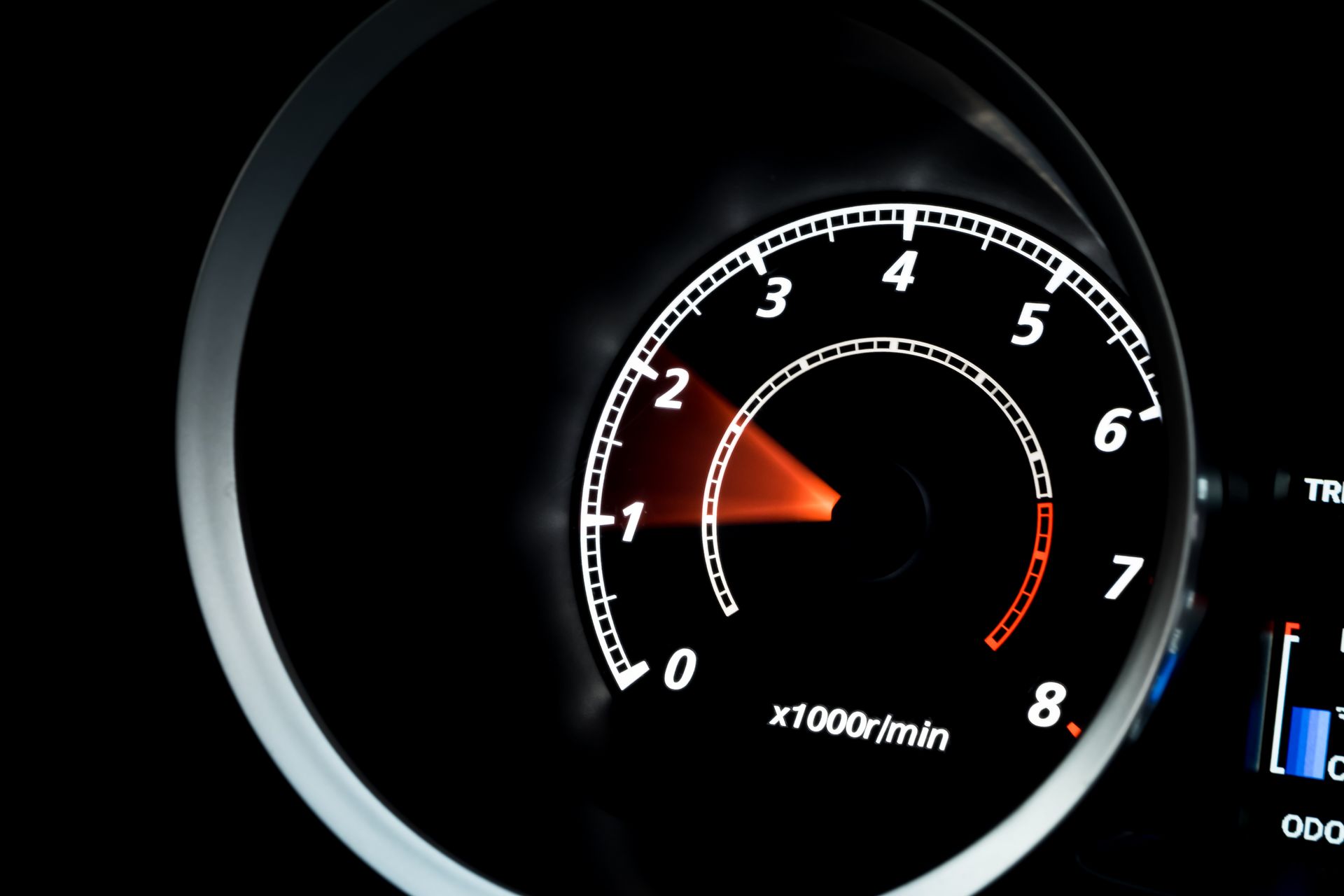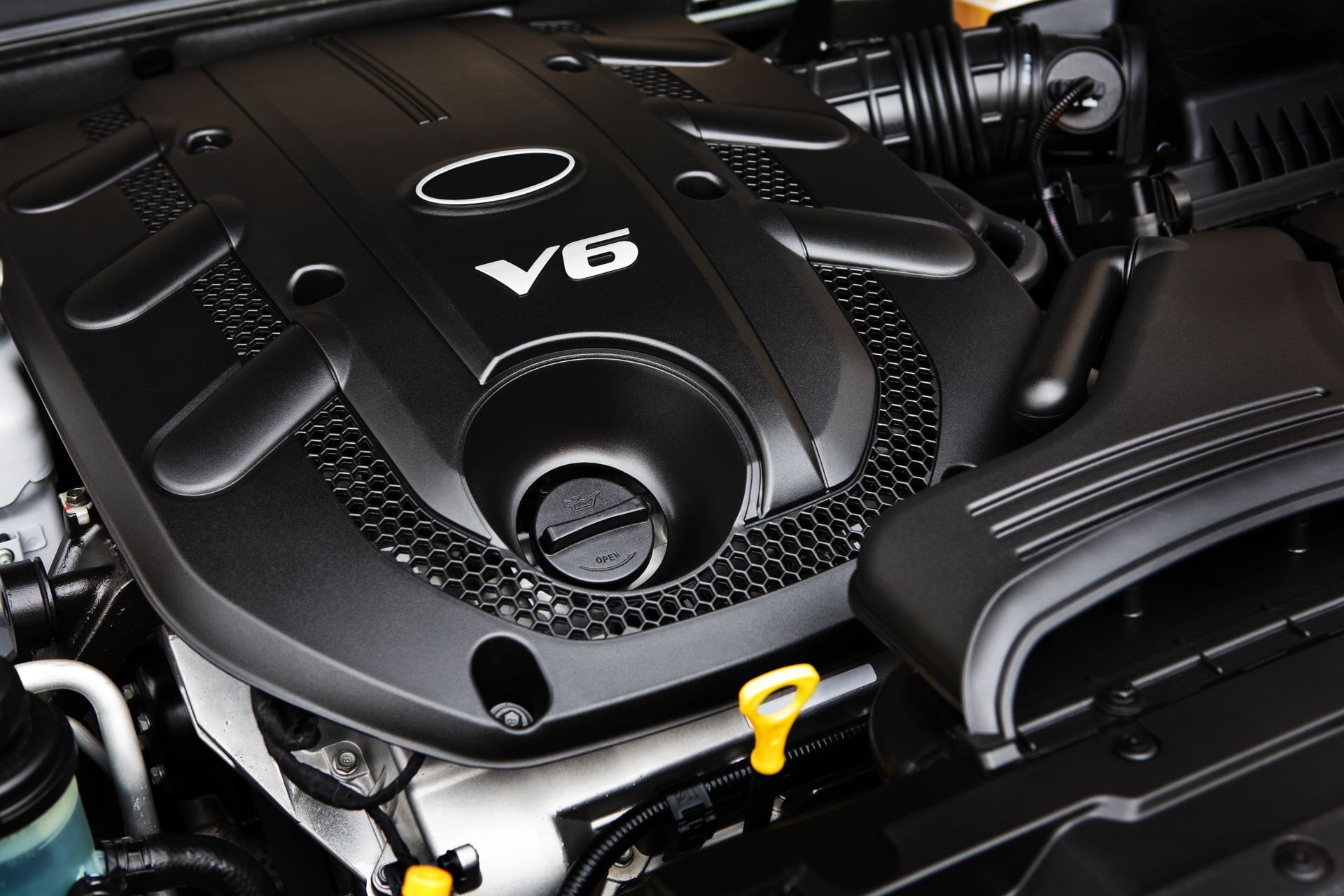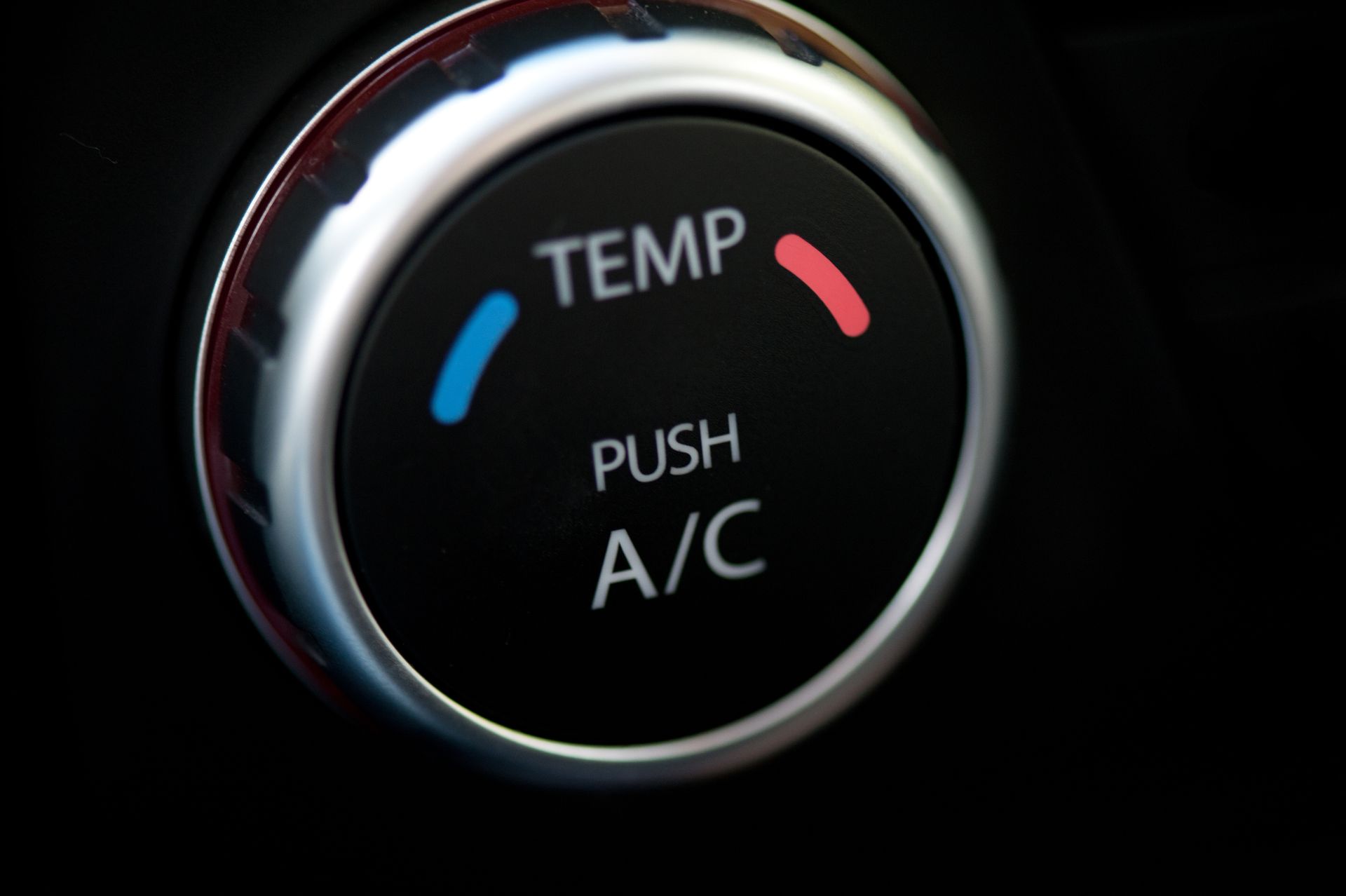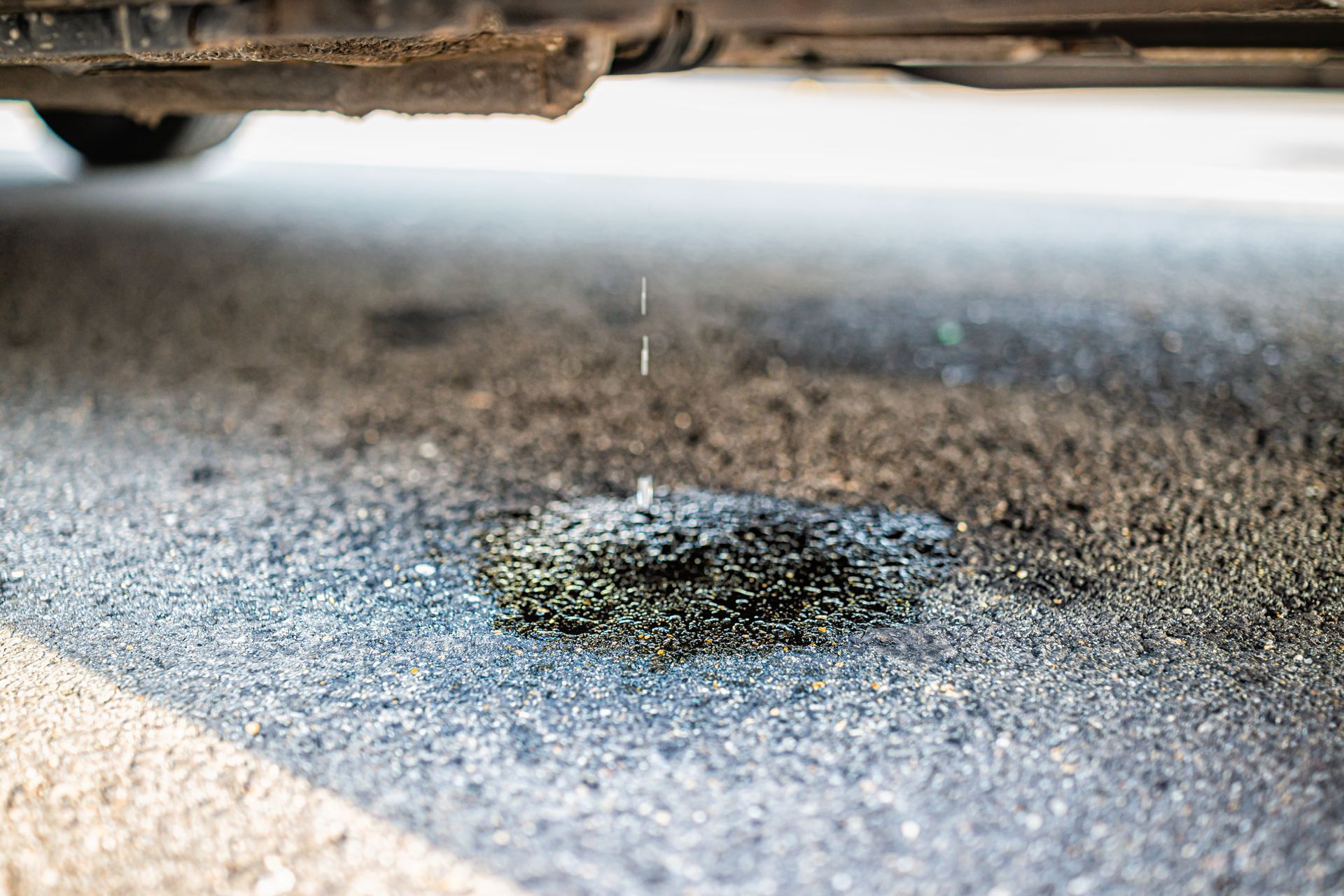Feeling your car jerk or hesitate during a gear change isn’t just annoying—it’s a signal that something’s off. Whether it happens during acceleration, deceleration, or while cruising, a stutter when shifting usually points to an issue in the transmission, engine, or fuel delivery system. It’s not something that will fix itself, and if left alone, it could turn into a much bigger (and more expensive) problem. So what’s causing that hesitation—and what should you do about it?
Old Transmission Fluid or Low Fluid Level
Transmission fluid keeps everything in your transmission running smoothly by lubricating gears, cooling components, and maintaining hydraulic pressure. If that fluid is dirty, degraded, or running low, your transmission might slip, jerk, or hesitate during gear shifts.
In automatic transmissions, stuttering is especially common when the fluid hasn’t been changed in a long time. Old fluid loses its ability to maintain pressure, which leads to rough or delayed shifting.
If you’ve noticed the car struggles, particularly between first and second gear or while accelerating, this could be one of the first things to check.
Clogged or Failing Transmission Solenoids
Solenoids act as the electronic gatekeepers for fluid flow inside an automatic transmission. When one gets stuck or fails, it can cause erratic shifting or make the transmission jerk as it tries to change gears.
Transmission solenoid issues may also trigger warning lights on the dash or cause the car to go into limp mode (where it’s stuck in low gear). Solenoids can fail due to contamination, electrical issues, or just long-term wear.
If your vehicle is stuttering and you’re also seeing a check engine light or transmission warning, solenoids could be the culprit.
Worn Clutch Components in Manual Vehicles
If you drive a manual and the car stutters when shifting, the issue might lie in the clutch system. A worn clutch plate, weak pressure plate, or slipping clutch can cause the engine to hesitate as the gears engage.
In these cases, you may also notice:
- A burning smell when driving
- Higher-than-usual engine revs without an increase in speed
- Difficulty getting into gear, especially in first or reverse
Manual transmissions are often more affordable to service than automatics, but catching problems early can still save you from major repairs down the road.
Ignition or Fuel Delivery Issues
Sometimes, gear changes cause a slight drop or surge in engine load—and if your fuel or ignition system isn’t ready for it, the car can hesitate or stumble. That stuttering may feel like a transmission issue, but it's actually caused by:
- Dirty or worn spark plugs
- Failing ignition coils
- Clogged fuel injectors
- A faulty mass airflow sensor
If your engine runs rough across a range of speeds or stutters even when not shifting, this could be a sign the problem is engine-related rather than transmission-specific.
Software or Computer Issues
Modern vehicles rely on a transmission control module (TCM) or engine control unit (ECU) to manage shift points and throttle response. If there’s a software issue or the sensors feeding data to those computers are off, the timing of your shifts can be thrown out of sync.
In some cases, a simple software update or sensor replacement can resolve the stuttering without a full transmission repair. However, this type of problem usually needs professional diagnostic tools to identify accurately.
Mounting Problems or Mechanical Damage
Another less obvious cause of stuttering during shifts is a broken engine or transmission mount. These rubber or hydraulic mounts hold the engine and transmission in place and absorb movement. If one is broken or loose, the entire powertrain can shift during gear changes—making it feel like the car jerks or bucks forward.
This issue is often felt more at lower speeds or during hard acceleration and is sometimes mistaken for transmission failure when it’s really a simpler (and less expensive) fix.
Get It Checked
A little hesitation once in a while might not seem like a big deal, but if the stuttering gets worse or starts happening more often, it’s time to get your vehicle looked at. Transmission issues can get expensive quickly if ignored, and early diagnosis is the key to avoiding major repairs.
Pay attention to these warning signs:
- Consistent jerking or surging during shifts
- Unusual noises during acceleration
- Delayed engagement when shifting into drive or reverse
- Dashboard warning lights
Even if the problem isn’t your transmission, something in the drivetrain or engine management system is off—and it’s worth fixing now, not later.
Laguna Auto Service Center – Transmission Experts in Laguna Beach, CA
Bring your car to
Laguna Auto Service Center in Laguna Beach, CA, if it is stuttering between gears. We’ll run a full diagnostic on your transmission, engine, and fuel system to find out what’s going on and fix it before it leads to more costly damage.
